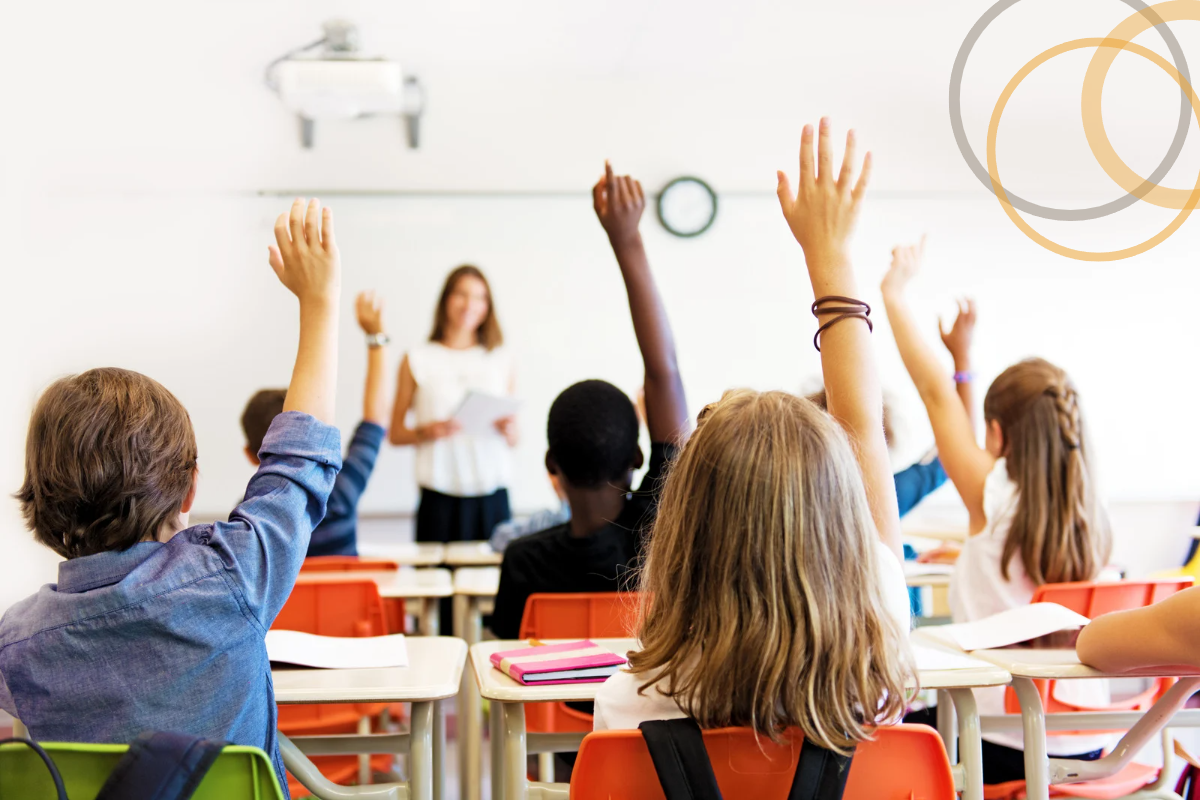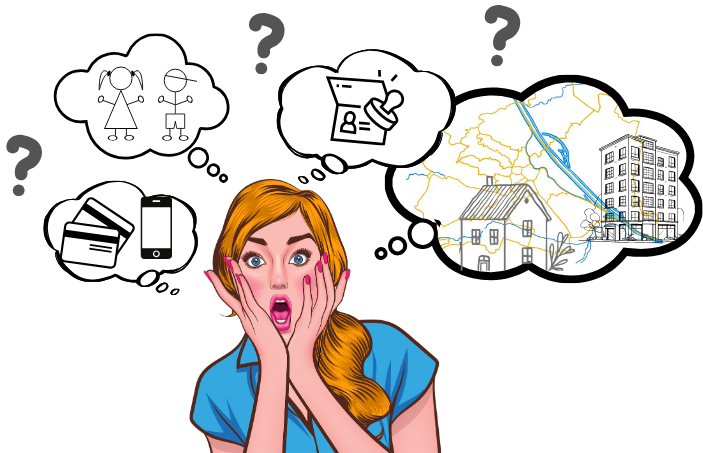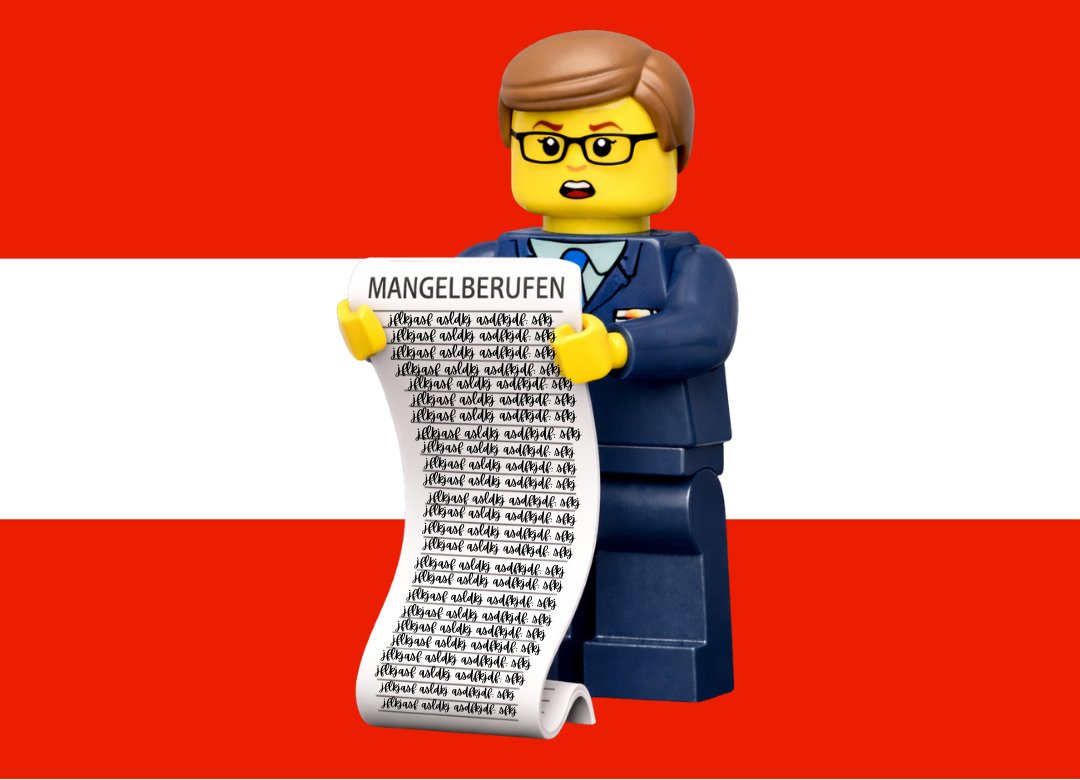UPDATED ON 9-SEPT-2024 BY NICOLE ARSANY
ORIGINALLY WRITTEN BY ANNA VOLODINA
The Austrian school system can seem complicated, especially for international families seeking the right fit for their child’s education. With the diversity of choice on offer, there are education and learning options for all different types of students. One size does not fit all. This high level overview provides you with a robust introduction into the key stages of the Austrian education system.
Early childhood care: ages 0-3 years
For families with young children, Austria offers two main forms of childcare.
Childminder: Tagesmutter/ Tagesvater
These are certified caregivers who look after small groups of children in a home setting, creating a more personal environment.
Nursery: Krippe
For children aged 1-3 years, nurseries are available both publicly and privately.
Public nurseries tend to have strict enrolment periods and are often reserved for working families, while private nurseries offer more flexibility, depending on availability, though at a higher cost.
Kindergarten: ages 3-6 years
Kindergarten in Austria is widely available from age three, and it becomes mandatory for children in their final year before school, starting at age five. This helps to prepare children, especially those who do not speak German as a first language, for the transition into school. Key types of kindergarten include:
Public Kindergartens
These are state-funded and free of charge, though enrolment can be competitive. Check enrolment dates well in advance because missing a deadline could mean not getting your first choice of kindergarten.
Private Kindergartens
Options include Waldorf, Montessori, and religious-based institutions, and may have different teaching philosophies. They may charge fees and have varying opening hours. Contact each kindergarten directly for specific information about enrolment, costs and availability.
Company Kindergartens
This may be provided by some employers as a benefit to employees, providing a convenient option, if available.
In Vienna, the cost difference between public and private kindergartens is minimal, thanks to city subsidies for children aged 1-6 years. However, families must reside in Vienna to benefit from these subsidies.
A high-level overview of the Austrian school system

Schooling options: ages 6-19 years
Once children reach school age, the Austrian system branches out into several paths. Here is an overview of the main stages.
Elementary school: Volksschule, 6-10 years
Children typically start Volksschule aged six, progressing through grades 1 to 4. If a child is not ready for school, they may attend an additional year in preschool (Vorschule). It is a straightforward system designed to provide a broad foundation in education, focusing on essential subjects like reading, writing and mathematics.
Lower secondary school, 10-14 years
At age 10, students have two options for lower secondary school. Both types of school last for four years, and may offer specialisms such as sports, music or languages.
Compulsory lower secondary school: Mittelschule
This is a comprehensive school for all abilities. Mittelschule focuses on preparing students for further academic studies or a vocational school, ending with a Matura (qualification required for university admission) or Lehre (vocational degree).
Academic secondary school, lower level: Unterstufe Gymnasium
Unterstufe Gymnasium is the most academic path at this stage. In the latter two years, students can decide if they would like to specialise in subjects, including languages, humanities and the arts or mathematics and science, depending on the students' interests and future plans.
Higher secondary school, ages 14-19 years
At age 14, students can choose between several paths.
Academic secondary school, upper level: Oberstufe Gymnasium
Ages 14-18
The Oberstufe Gymnasium is the continuation of the academic route, leading to the Matura, an internationally recognised qualification required for university entry.
Vocational Schools: Berufsbildende Schulen
Ages 14-19
Vocational schools combine general education with vocational training in a variety of fields. Berufsbildende mittlere Schule (BMS) offers vocational training over 3-4 years, preparing students for specific trades, and providing graduates with professional trade qualifications. Berfusbildende höhere Schule (BHS), on the other hand, has 5-year programmes that lead to both a vocational qualification and the Matura, the latter required for university admission. BHS can be intensive due to the amount of practical work involved.
Pre-vocational school: Polytechnische Schule
Ages 14-15
A one-year pre-vocational programme for students aged 14-15, enabling them to reach the compulsory 9 years of schooling. It is designed to prepare students for vocational training, leading to apprenticeships (Lehre), by offering general education alongside practical, career-oriented subjects.
Apprenticeship: Lehre
Ages 15-18/19
After completing PTS, students can enter an apprenticeship. Apprenticeships offer hands-on training in specific trades, alongside part-time Berufsschule (vocational school). Typically lasting 3-4 years, apprenticeships lead to a recognised professional qualification in a specific trade. This path can also include the Matura, for those wishing to keep university options open.
Alternative school options
Publicly authorised private schools
Private schools, which make up about 8% of all schools, typically charge fees but are also held to high educational standards. Publicly authorised private schools are often affiliated with religious organisations, such as the Catholic Church, and charge relatively modest fees ranging from €200 to €500 per month.
Bilingual Schools
Education is offered in both German and another language, usually English. Bilingual schools help children who are already bilingual to continue their education in both German and their native language. One notable public initiative is Vienna Bilingual Schooling, a programme offering bilingual education in English and German from primary school through to the Matura.
International Schools:
International schools in Austria offer students a multicultural environment and a high standard of education. Different curricula are available, in this way, there is the possibility that children whose families relocate to Austria from abroad can continue their education in a similar learning approach to which they are accustomed.
Application and Registration Timelines
It is important to note the timelines for registration and application for both public and private institutions. Places for public kindergartens and schools are typically very competitive, and generally follow strict enrolment periods. Private institutions often have more flexible enrolment dates but are in high demand.
It is always advised to visit the kindergarten or schools' websites, if available, or contact them directly for the most current information, including admission details and fees (if applicable). Apply as early as possible to ensure a spot for your child. The most popular options often attract a great deal of interest so waiting lists are common.
Key Considerations for Choosing the Right School
When selecting a school or kindergarten for your child, keep the following in mind:
- Language of Instruction: Does the language of instruction align with your child’s needs?
- Curriculum: Does the curriculum fit with your child’s long-term educational goals?
- School Environment: Consider the facilities, class sizes and overall school atmosphere.
- Location: Proximity to home can impact daily convenience and overall family wellbeing.
- Long-term plans: How long do you plan to stay in Austria? And how does that duration align with your child's educational needs?
Hopefully, this has provided a helpful introduction to Austria’s education system, especially for international parents who are unfamiliar with it. While the system may seem complex, its variety is designed to offer flexible options, ensuring that every child can find the right fit for their unique needs and learning style.
If you’d like to dive deeper into the specifics, such as application processes, key timelines and how to choose the best educational route for your child, we host information sessions on Austria’s school system. Feel free to check our events page for upcoming sessions or contact us directly to find out more.
We’re here to help you every step of the way. If you need guidance on education and childcare, we offer personalised advice that suits your family’s needs and we can assist with the registration process. Reach out today to see how we can support you.


%20(800%20%C3%97%20201px)%20(1200%20%C3%97%20300px).png?width=352&height=88&name=TALK%20TO%20AN%20EXPERT%20(400%20%C3%97%20100px)%20(800%20%C3%97%20201px)%20(1200%20%C3%97%20300px).png)


